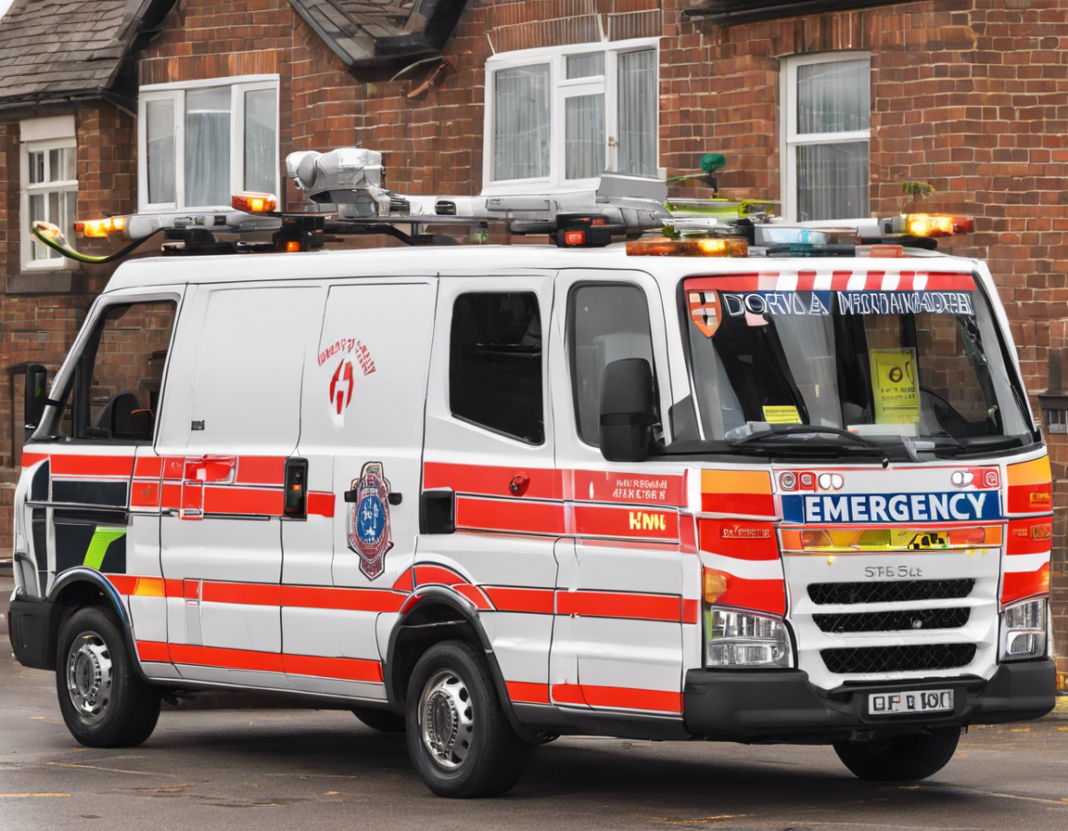Emergency Medical Services (EMS) play a crucial role in providing lifesaving assistance during medical crises. Whether it’s a heart attack, stroke, accident, or any other medical emergency, EMS professionals are often the first on the scene to provide immediate medical care and transportation to a healthcare facility. In this article, we will explore the importance of EMS, the different types of EMS providers, the challenges they face, and the future of emergency medical services.
The Importance of Emergency Medical Services
Emergency medical services are vital in providing immediate care to those in need. Every second counts during a medical emergency, and EMS providers are trained to assess the situation quickly, stabilize the patient, and transport them to a hospital for further treatment. Their prompt response can mean the difference between life and death in many cases.
Types of EMS Providers
There are different levels of EMS providers, each with varying levels of training and scope of practice:
Emergency Medical Responders (EMRs)
EMRs are typically trained in basic first aid, CPR, and the use of automated external defibrillators (AEDs). They are often volunteers or firefighters who provide initial care until advanced EMS providers arrive.
Emergency Medical Technicians (EMTs)
EMTs have more advanced training in airway management, medication administration, and patient assessment. They can provide a higher level of care and transport patients to medical facilities.
Paramedics
Paramedics have the most advanced training and can perform procedures such as intubation, defibrillation, and administering medications. They are critical in providing advanced life support interventions in the field.
Challenges Faced by EMS Providers
EMS providers face several challenges in their line of work, including:
-
Limited resources: Many EMS systems struggle with limited funding, staffing shortages, and outdated equipment.
-
High call volumes: EMS providers often respond to a high volume of calls, leading to fatigue and burnout.
-
Navigating traffic and road conditions: Responding to emergencies in heavy traffic or adverse weather conditions can delay response times.
The Future of Emergency Medical Services
The field of EMS is constantly evolving, with advancements in technology, training, and protocols. Some future trends in EMS include:
-
Telemedicine: Using telemedicine to provide medical consultation and support in the field.
-
Community paramedicine: Extending the role of paramedics to provide primary care services and preventative care in underserved communities.
-
Data-driven decision-making: Using data analytics to improve EMS operations and patient outcomes.
Frequently Asked Questions
What should I do if I witness a medical emergency?
If you witness a medical emergency, call 911 immediately. Provide clear information about the location and nature of the emergency. If you have basic first aid training, you can provide assistance until EMS arrives.
How can I become an EMS provider?
To become an EMS provider, you will need to complete a state-approved training program and obtain certification. Training programs are available at community colleges, technical schools, and universities.
What should I do if an ambulance is approaching with lights and sirens?
When you see an ambulance approaching with lights and sirens, pull over to the right side of the road and come to a complete stop. This allows the ambulance to pass safely.
Are EMS services free?
EMS services are not always free. Depending on where you live, you may receive a bill for EMS services. However, many insurance plans cover emergency medical services.
Can I request an ambulance for a non-emergency situation?
It is not advisable to call 911 for non-emergency situations. Instead, you can contact your healthcare provider or a local urgent care center for non-life-threatening medical issues.
Conclusion
Emergency Medical Services are a critical component of the healthcare system, providing essential care to those in need during medical emergencies. From basic first aid to advanced life support interventions, EMS providers play a vital role in saving lives and improving patient outcomes. As the field of EMS continues to evolve, it is essential to support and invest in these dedicated professionals who work tirelessly to ensure the well-being of our communities.

